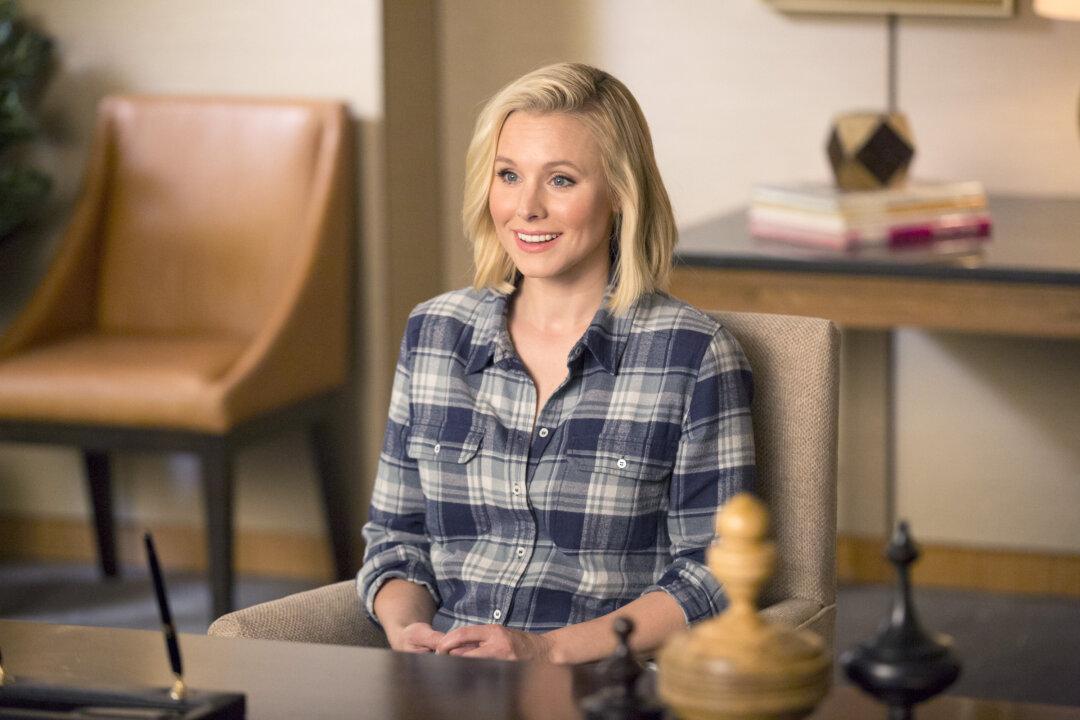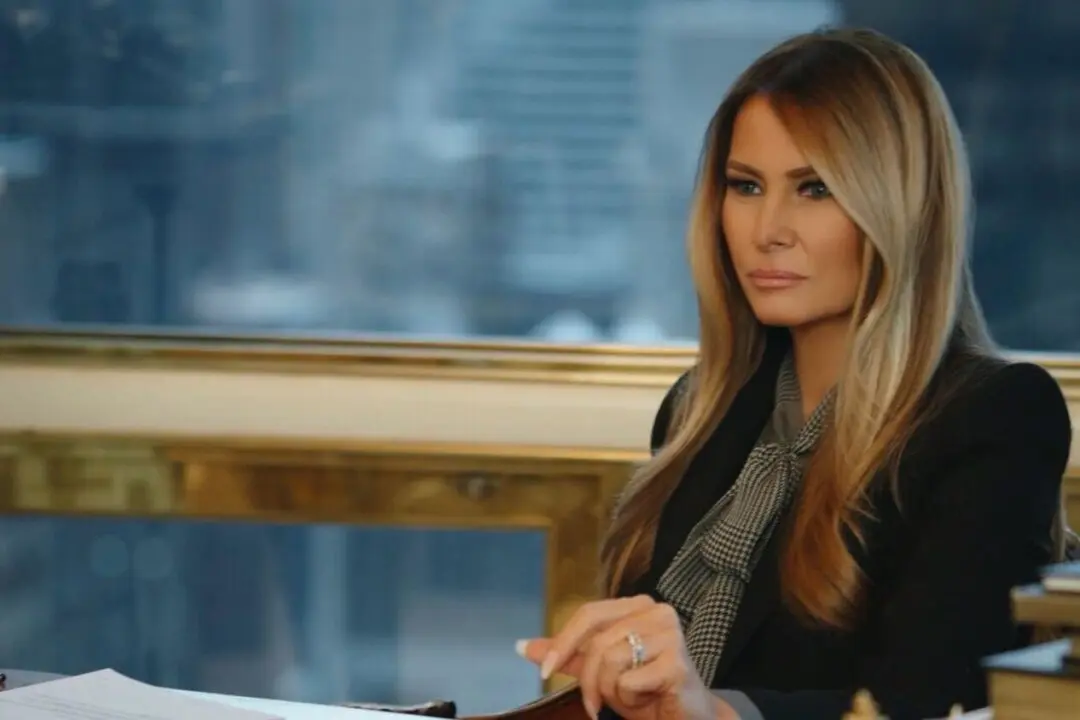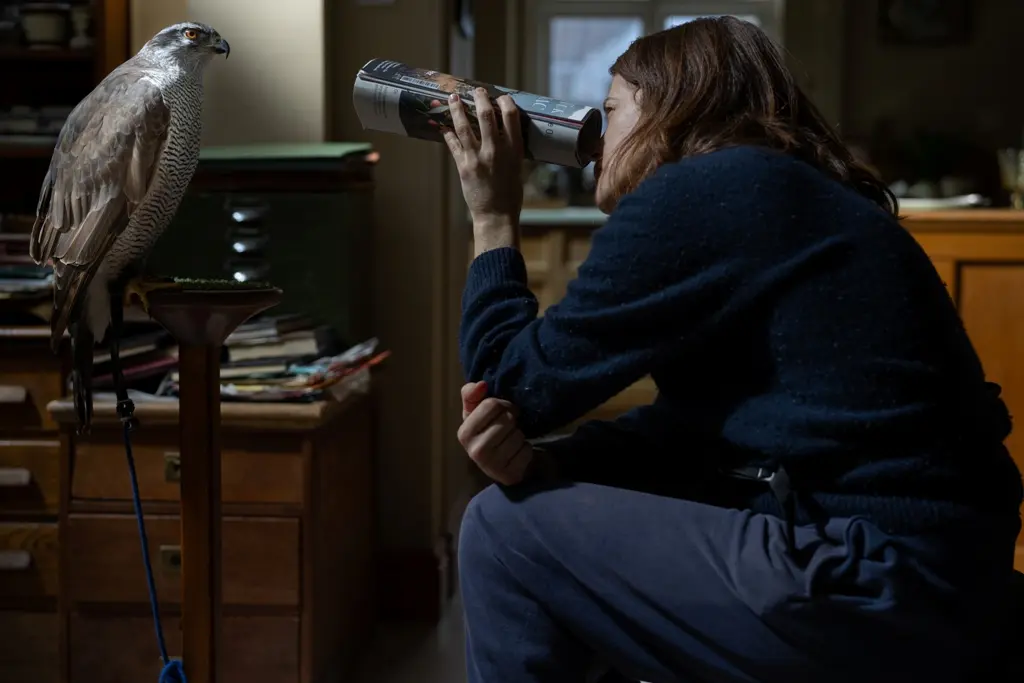TV-PG | 4 seasons, 53 episodes | Drama, Romance, Fantasy | 2016–2020
By the time “The Good Place” debuted on NBC in 2016, traditional terrestrial television programming was in its death throes. Scripted shows became the exception instead of the norm with reality shows dominating the prime-time airwaves.






